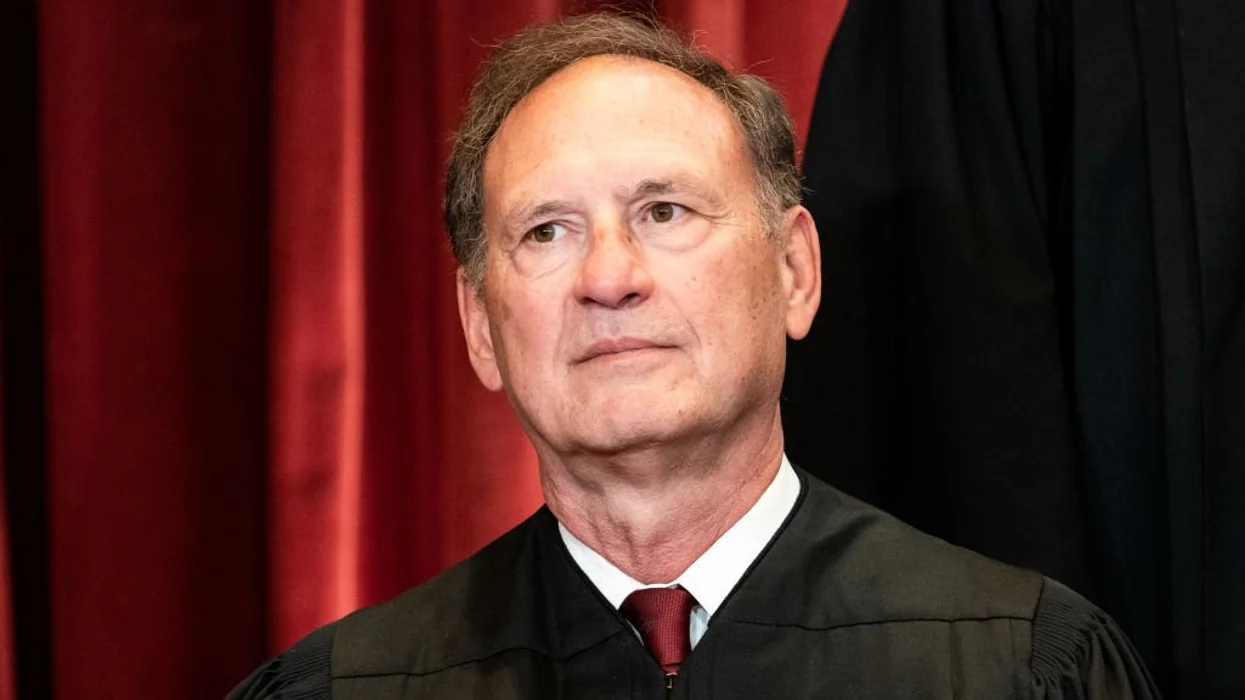
© 2025 Blaze Media LLC. All rights reserved.
Your Theory About Music and It Making Your Kids Smarter Is Apparently All Wrong
December 12, 2013
From moms putting headphones over their bellies to pump Beethoven into their growing babies' ears, to the moment they are able to sit up and bang on their baby xylophones and are being enrolled in early musical instrument lessons, a new study is shedding light on a widely held belief that those who play a musical instrument are smarter.
 Harvard researchers have debunked the theory that music leads to widespread cognitive benefits. (Photo credit: Shutterstock)
Harvard researchers have debunked the theory that music leads to widespread cognitive benefits. (Photo credit: Shutterstock)
Fact is, they're not.
The study conducted by Harvard School of Education researchers found that children taking music classes performed no better in other areas when compared to students who took a visual arts class or no artistic class at all.
“We don’t teach our children Shakespeare and Dante and Tolstoy because it makes them do better in American history class or at learning the periodic table of the elements,” the study's lead author Samuel Mehr, a graduate student, told the Boston Globe. “We teach them those great authors because those great authors are important. There’s really no reason to justify music education on any other basis than its intrinsic merits. We have our Dante, Tolstoy, and Shakespeare, and they are Bach, Duke Ellington, and Benjamin Britten.”
The idea that musical education could enhance cognition as it pertained to spacial reasoning, the Globe reported, goes back to a 1993 paper that dubbed it the "Mozart effect."
This idea was debunked not long after the paper was published in the journal "Nature," but the Globe reported that listening to classical music and taking music lessons to enhance other intellectual abilities continued spread.
In their own study published in the journal PLoS One, the Harvard researchers evaluated preschool age children and the affect of music class, visual arts class or no class at all (a control).
 The researchers studied preschoolers who had taken music, visual arts and no class. (Image source: YouTube)
The researchers studied preschoolers who had taken music, visual arts and no class. (Image source: YouTube)
"Consistent with typical preschool arts enrichment programs, parents attended classes with their children, participating in a variety of developmentally appropriate arts activities," the study's abstract stated. "After six weeks of class, we assessed children's skills in four distinct cognitive areas in which older arts-trained students have been reported to excel: spatial-navigational reasoning, visual form analysis, numerical discrimination, and receptive vocabulary."
Although the research initially showed children who took music class had a greater spatial-navigational ability, the investigators wrote that they could not replicate this result.
"...overall, children provided with music classes performed no better than those with visual arts or no classes on any assessment," the abstract stated.
Watch Harvard's video about the findings:
According to Harvard's website, Mehr said these findings don't suggest music shouldn't be taught in school though. Mehr told the Globe the study doesn't disprove that musical education couldn't have other benefits. The overall message of the study, he said, "is we should be really cautious about making positive claims about cognitive benefits of music education."
(H/T: Boston Globe)
--
[related]
Want to leave a tip?
We answer to you. Help keep our content free of advertisers and big tech censorship by leaving a tip today.
Want to join the conversation?
Already a subscriber?
more stories
Sign up for the Blaze newsletter
By signing up, you agree to our Privacy Policy and Terms of Use, and agree to receive content that may sometimes include advertisements. You may opt out at any time.
Related Content
© 2025 Blaze Media LLC. All rights reserved.
Get the stories that matter most delivered directly to your inbox.
By signing up, you agree to our Privacy Policy and Terms of Use, and agree to receive content that may sometimes include advertisements. You may opt out at any time.





